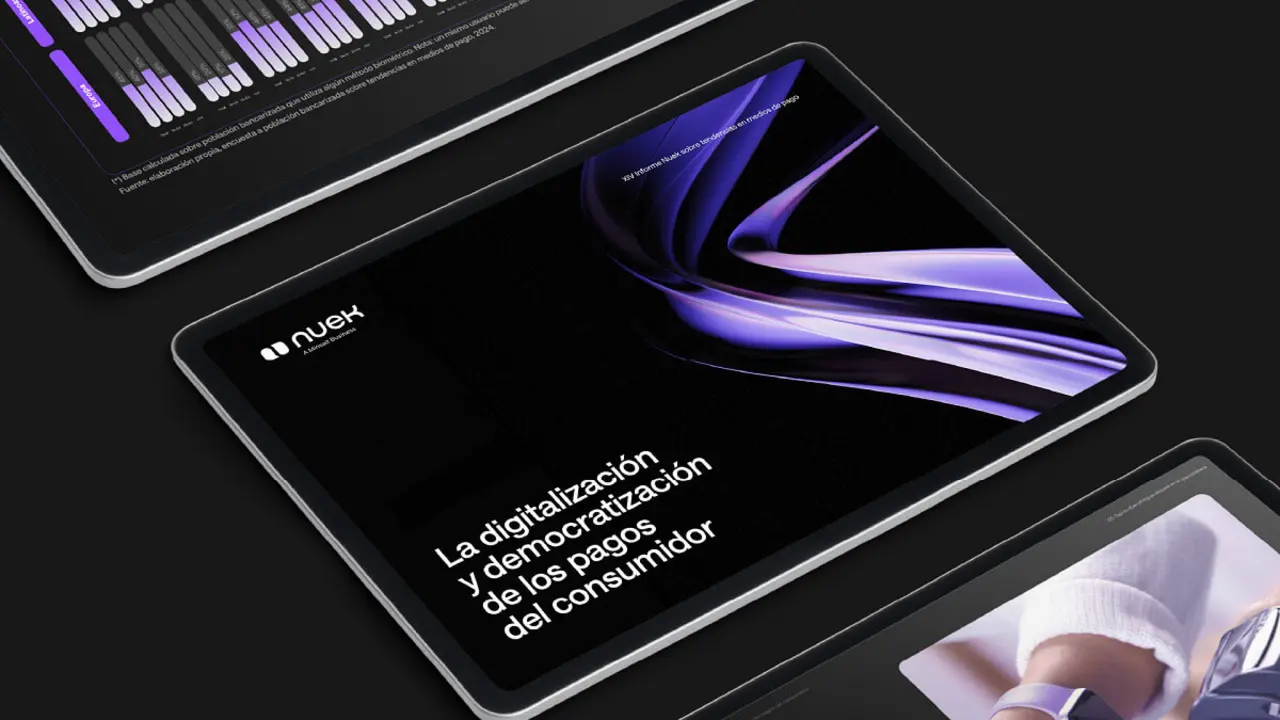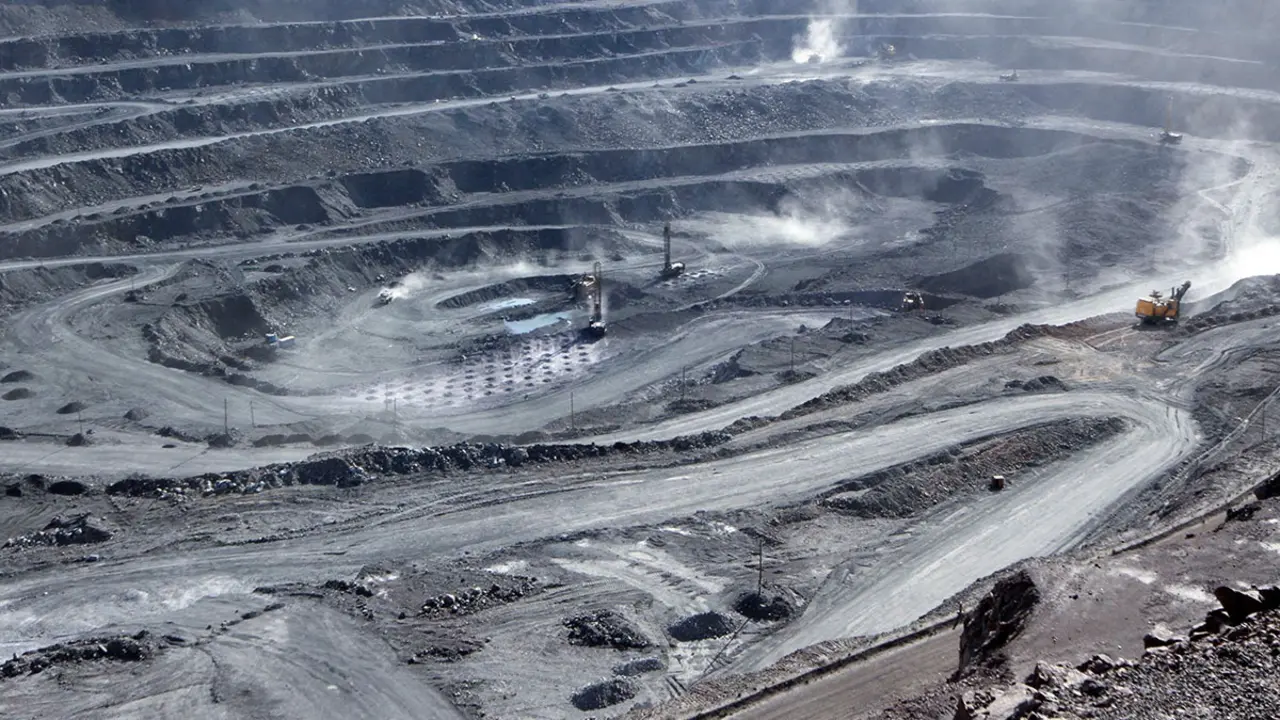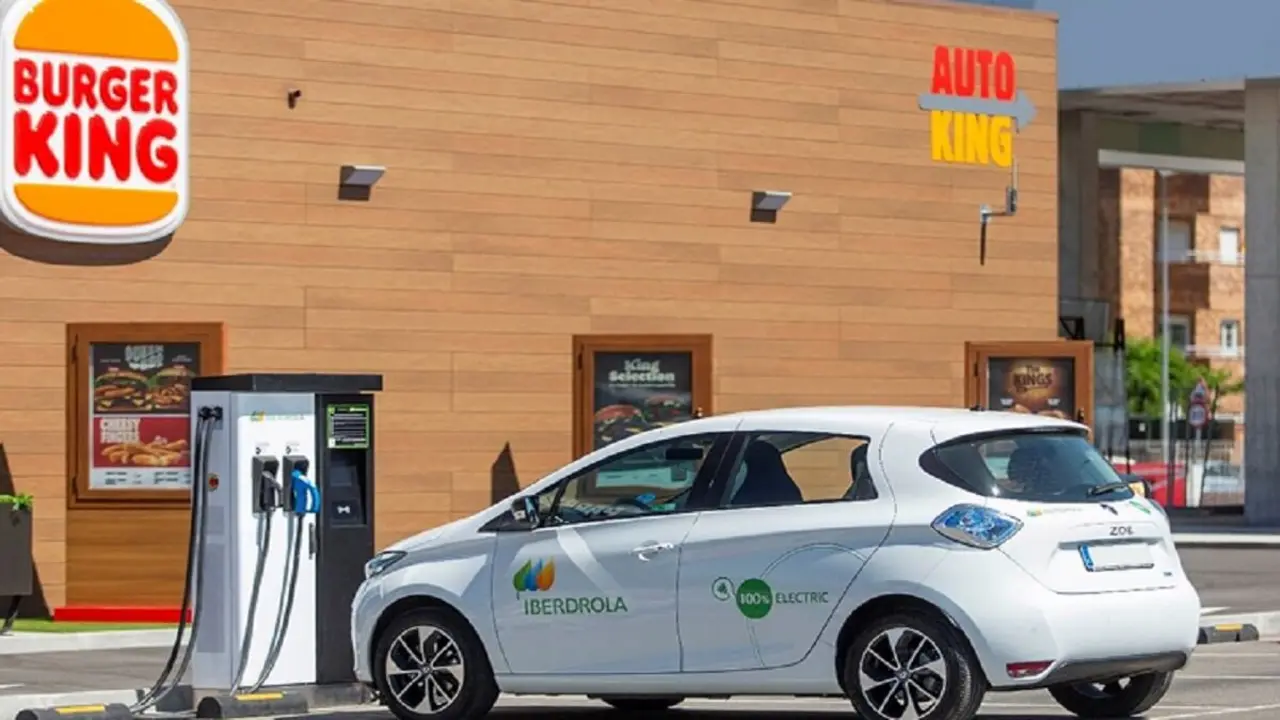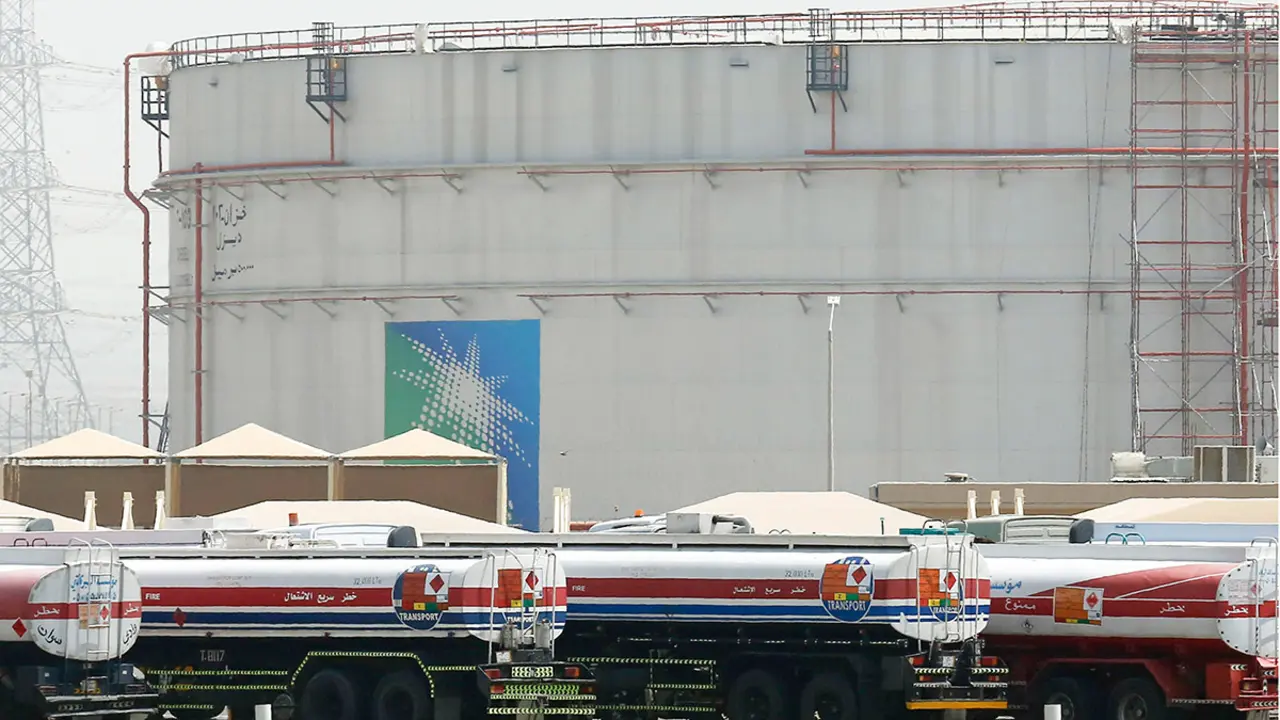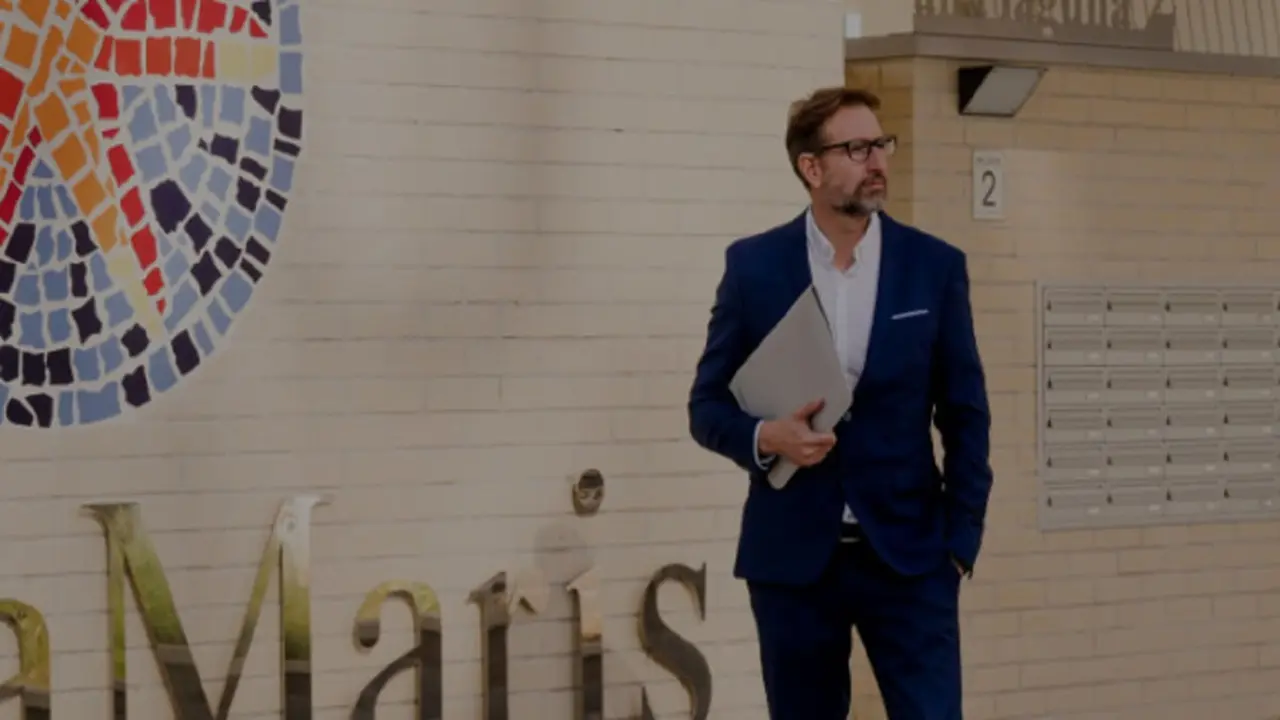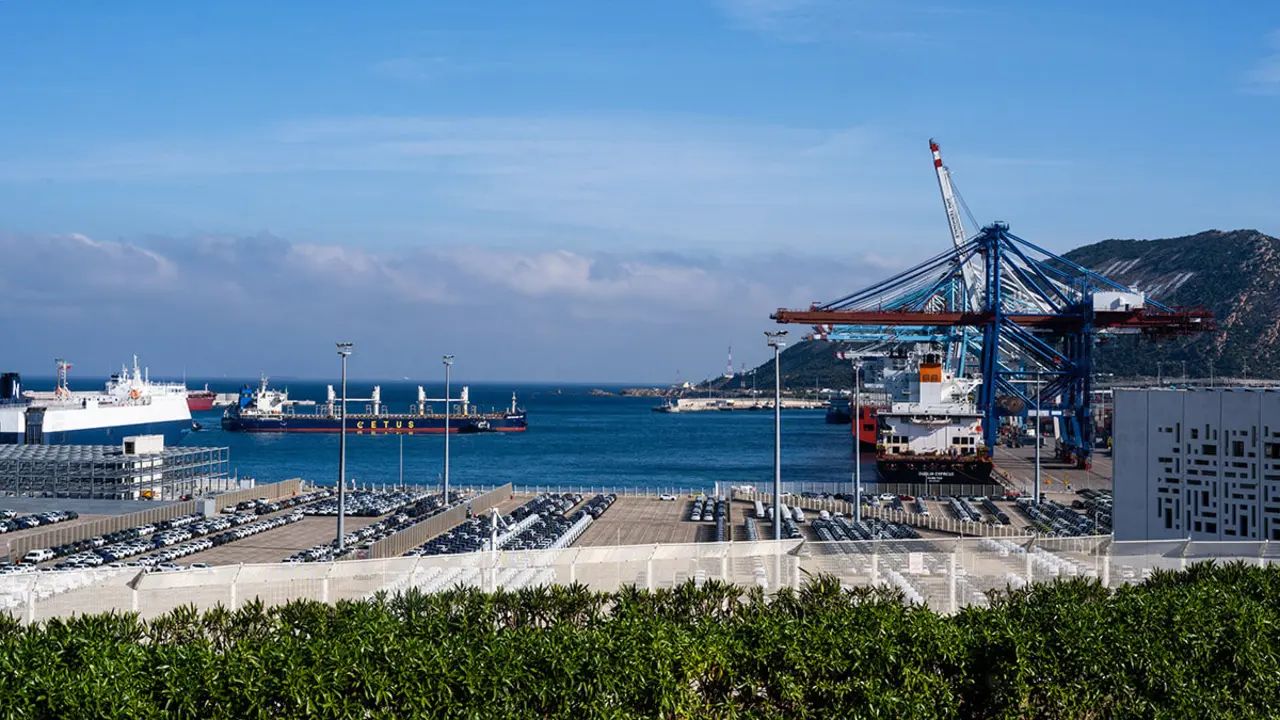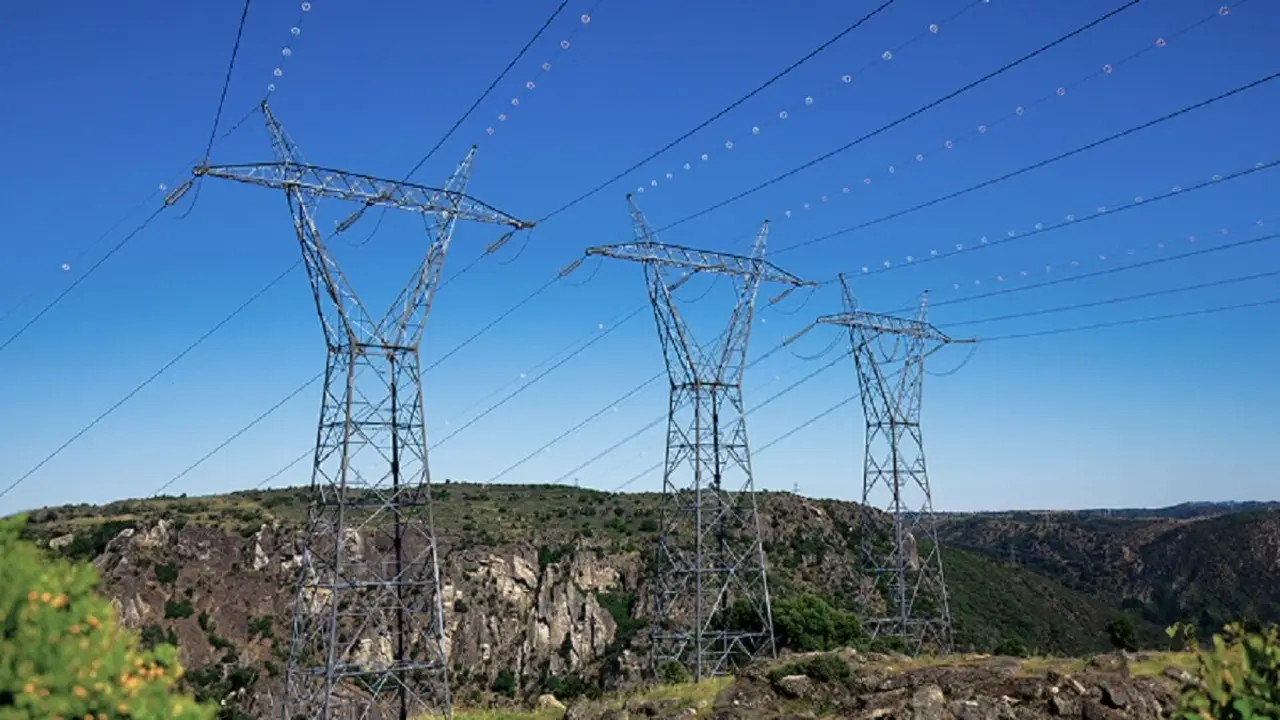The EU pledges 45 billion for Latin America and the Caribbean and aspires to be its "preferred partner"

The President of the European Commission, Ursula von der Leyen, has committed on Monday an investment of 45,000 million euros to implement projects related to new technologies and 'clean' industries in Latin American and Caribbean countries and thus make the European Union a "preferential partner" for these regions.
"There are already more than 135 projects in the pipeline, from clean hydrogen to critical raw materials, from the expansion of the high-performance data network to the production of the most advanced mRNA vaccines," said Von der Leyen in her opening speech at the economic forum that kicked off the EU-CELAC summit being held on Monday and Tuesday in Brussels.
She was joined by the Brazilian President, Luiz Inácio Lula da Silva, the President of the Spanish Government, Pedro Sánchez, and the presidents of the Inter-American Development Bank and the Development Bank of Latin America, Ilan Goldfajn and Sergio Díaz-Granados, respectively.
This is the first time in eight years that the international partners have met, a meeting promoted by the Spanish Presidency of the Council, and which Von der Leyen has taken advantage of to announce this increase in investment in the regions on the other side of the Atlantic within the framework of the 'Global Gateway', the EU's foreign investment programme.
In this respect, she advocated taking advantage of the summit to "shape the investment agenda for the benefit of both continents" through a "new approach" for large infrastructure projects that aims to strengthen the creation of local value chains.
The President of the EU executive stressed that Latin America and the Caribbean have the "potential" to become a world power in renewable energy, and noted that the next "natural step" is to convert this energy into clean hydrogen, which has the advantage of being "easily" exportable to other continents, while at the same time it can boost new industries on the continent itself.
On the other hand, she stressed Europe's need to access critical raw materials from other suppliers in order to reduce its dependence on third parties such as China and, to reinforce this idea of 'quid pro quo' between the two partners, the German stressed that, "unlike other foreign investors".
Thus, she indicated that the EU is not only interested in investing in the pure extraction of raw materials, but that it seeks to partner with Latin America and the Caribbean to develop local production capacity, to which the EU will contribute technology and workers with "high quality" training.
"We need them to tell us what sectors they want to focus on and what bottlenecks we need to address together so that Europe can invest right where they need it most. It is a new beginning for old friends for which we need to join forces," she concluded.

